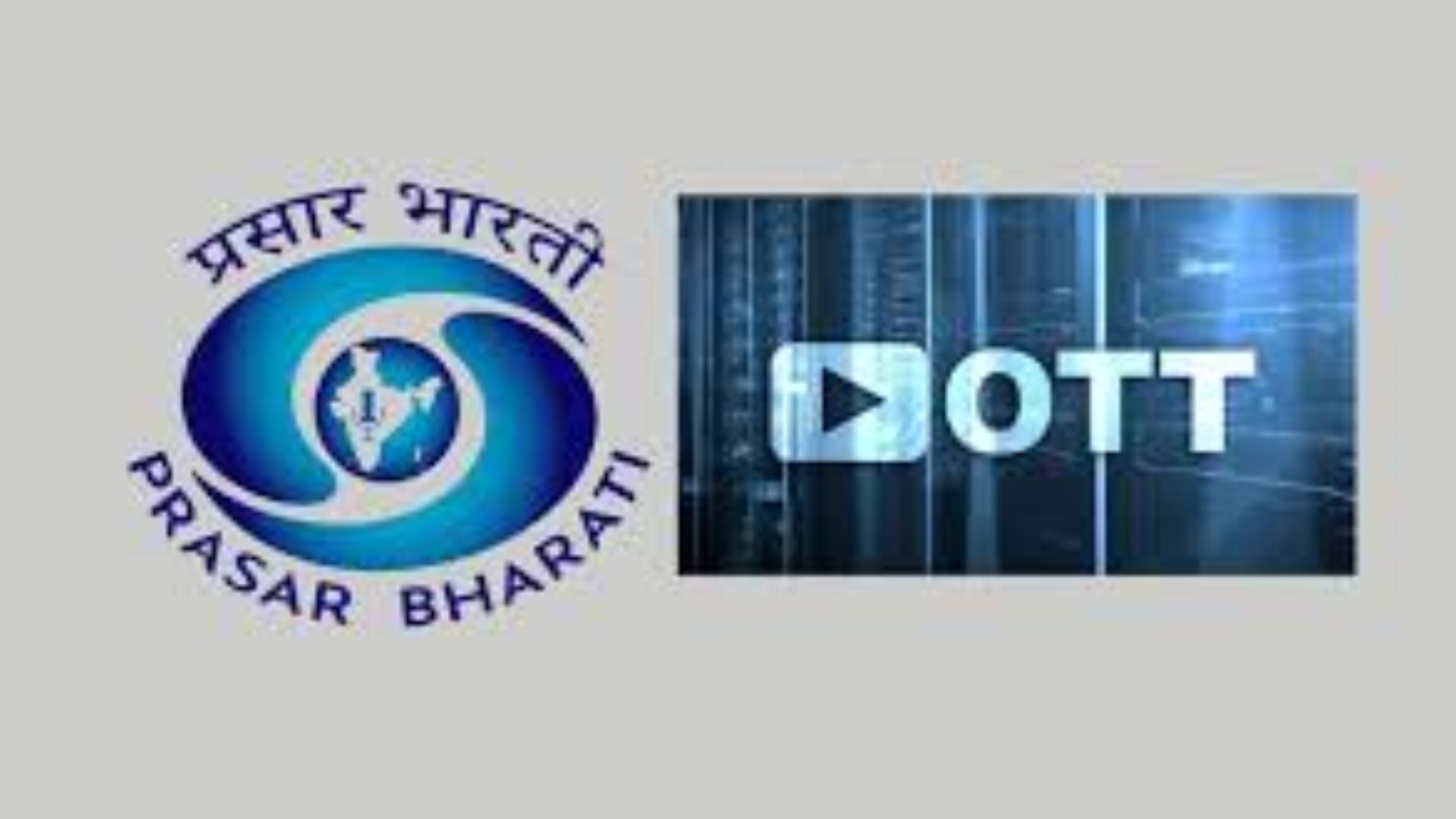The Union Cabinet has approved the PM Electric Drive Revolution in Innovative Vehicle Enhancement (PM E-Drive) Scheme, with a substantial outlay of ₹10,900 crore over the next two years. This initiative is complemented by the Payment Security Mechanism (PSM) under the PM-eBus Sewa, with a budget allocation of ₹3,435.33 crore.
Funding and Subsidies for Electric Vehicles
Under the PM E-Drive scheme, a total of ₹3,679 crore will be allocated as subsidies for the purchase of various electric vehicles. This includes e-two wheelers, e-three wheelers, e-ambulances, e-trucks, and other emerging electric vehicle categories. The government aims to support the procurement of 2.479 million e-two wheelers, 316,000 e-three wheelers, and 14,028 e-buses.
The Ministry of Heavy Industries will oversee the implementation of this scheme. Subsidies will be provided to both buyers and manufacturers through a dedicated portal where e-vouchers can be redeemed. An additional ₹4,391 crore has been set aside to assist public transport agencies in acquiring 14,028 e-buses. The demand aggregation for these buses will be managed by Convergence Energy Services Limited (CESL) across nine major cities, including Delhi, Mumbai, Kolkata, Chennai, Ahmedabad, Surat, Bangalore, Pune, and Hyderabad. The scheme will also support intercity and interstate e-buses in collaboration with state governments.
Infrastructure and Charging Stations
To address range anxiety and support the growing number of electric vehicles, the scheme includes plans to install 22,100 fast chargers for e-four wheelers, 1,800 for e-buses, and 48,400 for e-two and e-three wheelers. An allocation of ₹2,000 crore has been designated for this purpose.
Support for Electric Trucks and Testing Agencies
The PM E-Drive scheme will also incentivize the adoption of electric trucks with a dedicated allocation of ₹500 crore. Additionally, ₹780 crore will be used to modernize testing agencies within the EV ecosystem to enhance the efficiency and reliability of electric vehicle testing and certification.
Impact on Decarbonization and Private Sector Participation
Pawan Mulukutla, Executive Programme Director for Integrated Transport, Clean Air, and Hydrogen at WRI India, highlighted that the Cabinet’s approval underscores India’s commitment to decarbonizing the transport sector. The deployment of 50,000–60,000 e-buses through initiatives such as the National Electric Bus Programme and PM-eBus Sewa is crucial for achieving this target. Mulukutla emphasized that the scheme’s structure would make the project more attractive to private investors, thereby increasing competition and potentially lowering operational costs.
PM-eBus Sewa Scheme Details
Under the PM-eBus Sewa scheme, 10,000 air-conditioned electric buses will be introduced to tier-2 and tier-3 cities through a public-private partnership model. As of August, ₹541 crore has been allocated for bus operations and related infrastructure in 75 cities.
Ensuring Timely Payments and Participation
Industry experts and policy observers have advocated for the PSM as a crucial guarantee to ensure timely payments to electric bus suppliers and operators. This mechanism addresses concerns about delayed payments from state transport undertakings, which often face financial difficulties. A similar payment security mechanism is already in place for solar power projects managed by Solar Energy Corporation of India Limited.
MUST READ: BJP Criticizes Rahul Gandhi Over US Remarks On Reservation And Ilhan Omar Meeting















